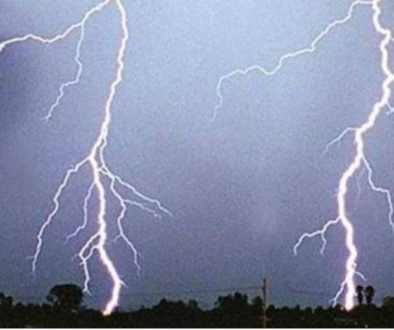Climate change met corruption when Patna drowned
They found him stranded inside his waterlogged home. Dressed in shorts and slippers and with a few bags by his side, he was rescued along with his family members. The deputy chief minister of Bihar, Sushil Kumar Modi, looked embarrassed.
The incessant rainfall in the Indian state over the weekend of September 27 killed more than 30 people. It was the second time after 1975 that the downpour that lasted for barely 48 hours affected powerful politicians and policymakers. The residences of scores of ministers and bureaucrats still remain submerged in knee-deep water, even a week after the rainfall.
Maybe the most dramatic rescue was of Patna’s Member of Parliament, Ram Kripal Yadav, who was on the way to meet the waterlogged residents of Ramnibigha in Patna. The lawmaker was on board a makeshift boat made with bamboo and tyres, along with his supporters.
The rickety boat tilted, the MP during the course of his fall launched a tirade of expletives. Yadav later confessed to experiencing a near-death experience due to his inability to swim.
Heavy rainfall had been predicted
However the rainfall was not unexpected. The India Meteorological Department flashed a warning on September 27, predicting more than 21 mm of rain over the next 72 hours in 14 districts, including the state capital Patna. The government issued a red alert, closing educational institutions and dispatching rescue teams to various low lying areas.
The deluge, though, was much greater than expected. Around 177 mm of rainfall within 48 hours broke the decade-old record of 158 mm on September 3, 2013. (This was also the highest rainfall ever recorded for the month of September, at 429 mm, pipping the last record of 400 mm).
As water seeks its level, it gushed to the low lying areas of the city — Rajendra Nagar, Kankerbagh Colony and Patliputra Colony – dominated mostly by middle and high-income groups including influential ministers, bureaucrats and business persons.
Nearly 500,000 residents, including children and senior citizens, are still trapped inside their houses, wailing for milk and medicines. Most of these residents were getting ready to drown in the 10-day festivity of Durga Puja, starting September 28 to celebrate the victory of good over evil. The shopping bags were out, markets had upgraded their stocks and preparations for worshipping Goddess Durga were in full swing.



